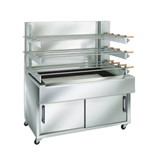The growing consumer demand for cleaner, more eco-friendly businesses has already seen major changes to the way restaurants source their produce, and a similar customer demand for low-impact industrial processes makes environmentally sustainable procedures an important point for all food businesses to consider.
Environmentally responsible waste management
While most restaurants separate rubbish at least on a superficial level it is still very common for general waste to contain a mix of plastics, glass bottles and food scraps that all ends up as landfill. In order to separate the non-degradable components from the general waste it is necessary to establish easy-to-use disposal systems.
The reduction in rubbish removal costs may offset the expense while there is also a small but steady return to be had from recycling items like glass and aluminium. Cutting edge commercial kitchens have begun to use systems that reduce organic wastes to a pulp that is used to make organic fertilisers, generating a return from what had previously been a significant expense in every food business.
Source sustainable produce
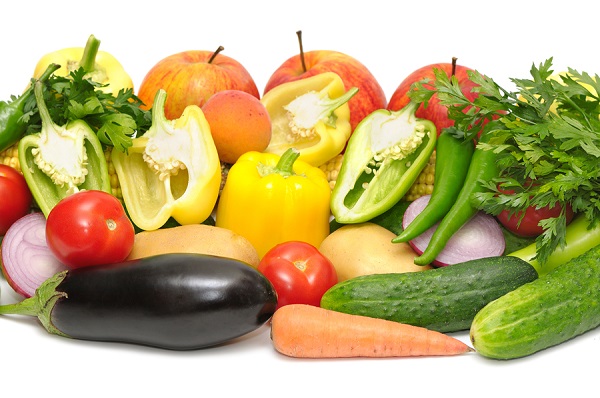
The most obvious eco-friendly choice that most restaurants can make is to source sustainable produce. This can be as simple as choosing certified sustainable seafood or serving free-trade coffee, or as involved as using local organic produce.
Extending the use of locally grown produce reduces the food miles in every dish on the menu, reducing the impact that the house is having on the environment while increasing the sustainability of the industry generally by supporting the local economy.
While these types of products can often demand a premium price, the environmentally savvy consumer is usually willing to pay more for a product that they see as being good for Mother Earth, making sustainability a valuable feature of the restaurant's profitability.
Dispose of chemicals correctly
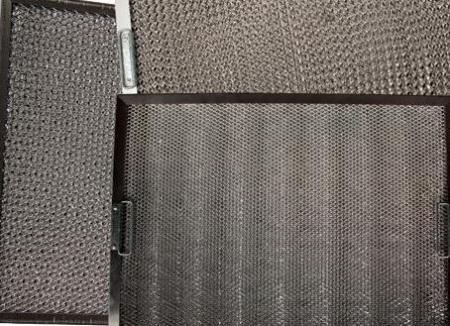
Perhaps the most difficult area for restaurants to develop eco-friendly practices is the various chemicals and cleaning products necessary to maintain the best standards of hygiene.
While it is desirable to use biodegradable, phosphate-free detergents it is still vital that the products used do their job effectively.
Automatic dishwasher chemicals tend to be high in phosphates and rely on their caustic qualities to clean effectively, making them a significant contributor to the environmental footprint of a busy restaurant. Similarly, the chemicals used to clean grills and ovens are extremely caustic and should be kept out of the waste water.
Every chemical product that is used in the kitchen will have some environmental impact and the best strategy is to keep that influence to the minimum possible. Making sure there are sustainable processes in place for handling waste chemicals, and maintaining systems like grease traps and filters can significantly reduce the impact that any restaurant is having on the environment.

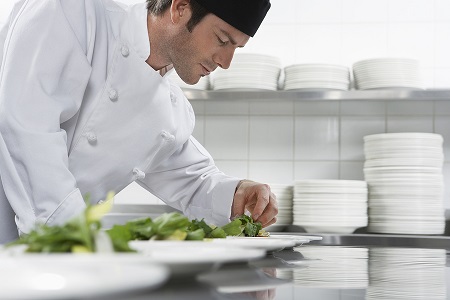

-160x160-state_article-rel-cat.png)







-160x160-state_article-rel-cat.png)

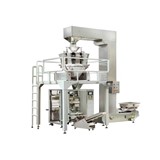
-160x160-state_article-rel-cat.png)







